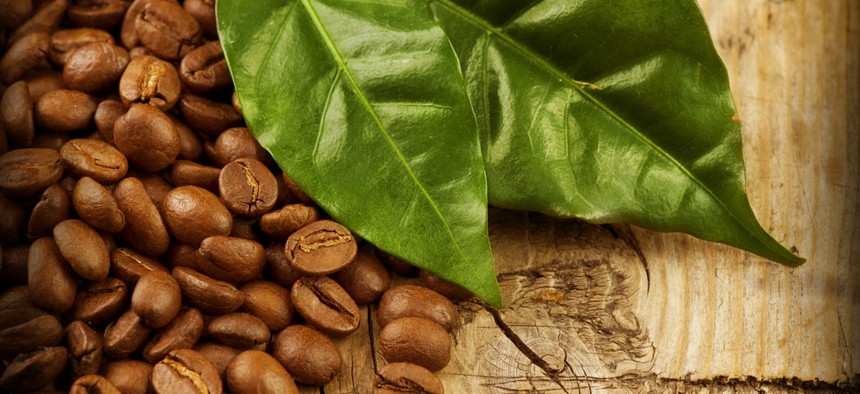
Image via Subbotina Anna/Shutterstock.com
Drinking Coffee Doesn’t Cramp Creativity; It Helps Drive It
Consumed right, coffee can unleash your creativity.
Some say Sherlock Holmes’ regular use of cocaine was Doyle’s vehicle to illustrate the character’s moral weakness. It likely began more simply as a window into the culture of the time, when hard stimulants weren’t the taboo they are today. W.H. Auden apparently did believe his own dependence on the stimulant Benzedrine to be a sign of weak character, but he still took it every working morning and endorsed its creative influences effusively. Jack Kerouac and Jean-Paul Sartre offer similar testaments. Sir Elton John sang “Bennie and the Jets” … which may be in praise of Benzedrine, but is open to interpretation, depending where you stand on mohair suits.
2013′s cultural Benzedrines are Adderall (amphetamine salts) and excessive coffee. Caffeine remains non-prescription legal, and it’s still universally considered benignly delightful to make offhand comments about how unproductive we are without it. “I’m a total grump if I don’t get my coffee!” Funny, relatable, true. “Get out of my way when I haven’t had my coffee—or I will hurt you.” Consider the ice broken. “Seriously I will cut you.” Okay, that’s enough.
Despite its legality and social acceptance, people dependent on caffeine do occasionally betray a tenor of insecurity about it. There’s an element of fear. That may be why we laugh about it. I see it in the retiring eyes of people asking me about their caffeine habits, and in the numbers of people who read and share stories we publish about coffee. A cover article titled “Is Caffeine Killing You?” would, almost regardless of its execution, probably be the most popular thing on this site. Ninety percent of people in the U.S. ingest caffeine on a daily basis, and many of them also fear death.
Image via Subbotina Anna/Shutterstock.com






